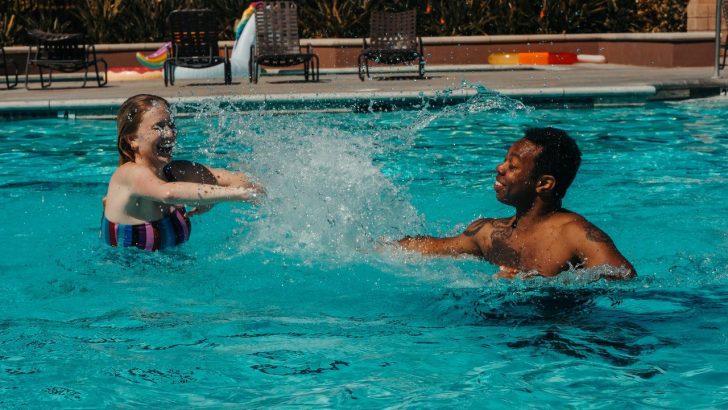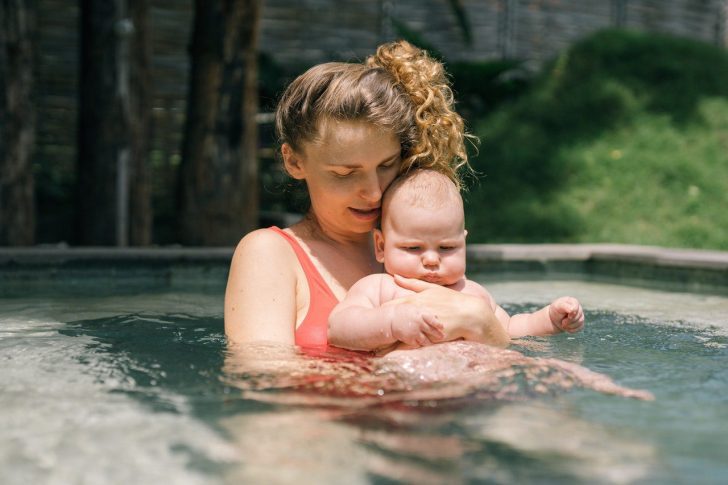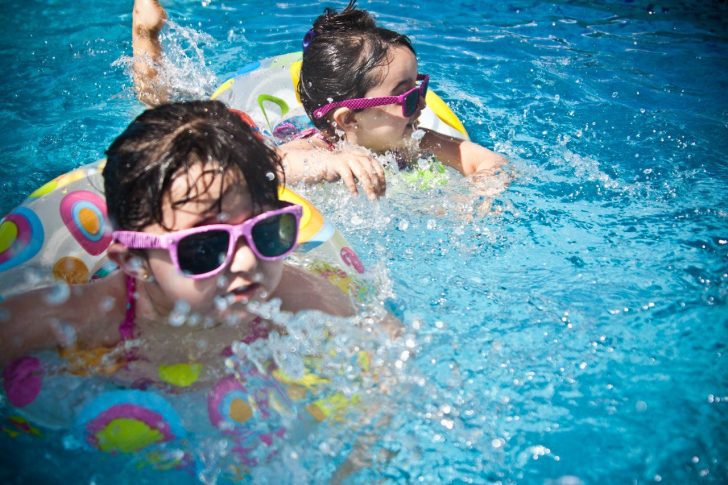When summer arrives, there's no point in sitting indoors. It's time to hit the pools and get yourself a killer suntan! But, have you ever found yourself avoiding a pool party or the pool at a party just because you get annoyed with the itchy rash that comes after your swim? This itching sensation is called a chlorine rash, and you guessed it, it is caused by chlorine.

Pexels | Never miss a pool party again just because of a rash!
Now, you must think that if you get a rash from chlorine, you must be allergic to it. No, you are not allergic to chlorine. According to the American College of Allergy, Asthma, and Immunology, it is scientifically impossible to get an allergic reaction because of chlorine.
So what causes the rash?
The answer is you may have sensitive skin that might react to the chlorine in the water hence causing itchiness. However, chlorine is an important tool in keeping pools safe for you and your health, so replace it isn’t an option. Instead, we'll be covering some measures that can be taken to treat a chlorine rash. But first, let's take a look at how you can determine that you're actually suffering from a chlorine rash.

Pexels | Be sure to check your baby for signs after stepping out of the pool
Common Symptoms
Before jumping to dealing with a chlorine rash, you must be able to point one out when you see it. A chlorine rash comes with some generic rash symptoms such as:
- Redness
- Tender skin
- Itching
- Rash patches
- Scales or crusty skin
These symptoms indicate that the chlorine in the pool has dried up your skin, causing it to become flaky and dry. This is what leads to the rashes being formed since the chlorine rids your skin of all its natural oils.
Treatment Methods
So what if you’ve got sensitive skin? That doesn’t mean you shouldn’t enjoy the cool pool on a hot summer day. The simple treatment for a chlorine rash is all in the aftercare of your skin. Once you get out of the pool, your first step should be to step into the shower to rinse off the chlorine water. Then you should be extra delicate with your skin when patting it dry. Finish it off with a moisturizer to restore the moisture to your skin and avoid going back into the pool until your symptoms subside.

Pexels | Teach your little ones to look after themselves after their swim
However, if the rash is more severe than usual, you should grab an over-the-counter hydrocortisone ointment (1%) and apply it to the affected areas. If you get severe chlorine rashes, then a simple solution for you would be to apply an ointment like Aquaphor or Vaseline (petroleum jelly), which will work as a barrier between your skin and the chlorine before entering the pool.










